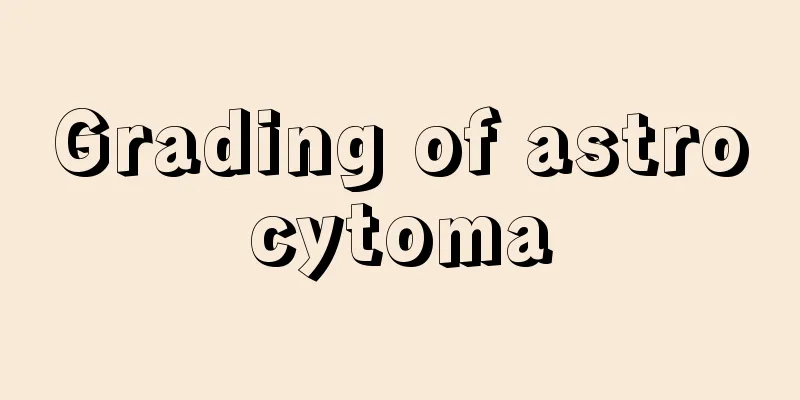Grading of astrocytoma

|
Astrocytoma is the most common intracranial tumor, accounting for about 80% of gliomas, and originates from astroglial cells. Common symptoms include increased intracranial pressure, headache, vomiting, papilledema, visual field changes, epilepsy, diplopia, cranial enlargement, and changes in vital signs. Understanding the grading of astrocytomas is of guiding significance for treatment and prognosis. Currently, astrocytomas are mainly divided into grades I to IV based on cell biological characteristics in clinical practice. Grade I is pilocytic astrocytoma, and rarely there is subependymal giant cell astrocytoma. The tumor tissue is grayish white or grayish yellow, and has a rubber-like hardness. There is generally no hemorrhage or necrosis, but it may become cystic. One type is a cyst containing tumor nodules, and the other type is a tumor containing cysts. Grade II is diffuse astrocytoma, which progresses slowly. Fibrous, protoplasmic, and obese cell types are more common, while mixed oligoastrocytoma and pleomorphic xanthomatous astrocytoma are rare. Grade III is anaplastic astrocytoma, and Grade IV is glioblastoma. When the disease develops to this level, it is often highly malignant, with more than half of them having cystic changes, mostly located in the cerebral hemispheres, and invading the basal ganglia and thalamus. They are rich in blood vessels, prone to bleeding, and the surrounding brain tissue has obvious edema, which can cause the disease to suddenly worsen and the course of the disease is usually short. |
<<: Syndrome differentiation of ovarian cancer
>>: Laryngeal cancer patients do not need to be too cautious in their diet
Recommend
What should I do if a mosquito bite leaves a red mark?
The summer when mosquitoes are rampant is very sa...
What should I do if I often stay up late and get acne? It turns out that these methods can be used to solve it
In recent years, with the increasing pressure of ...
Can baking soda bleach clothes?
It is very common in daily life for clothes to be...
Which flowers are poisonous and should not be grown?
People's living standards are getting higher ...
How to take care of the scab after mole removal
People cannot just leave it alone after removing ...
How to treat accidental gallbladder cancer after surgery
Accidental gallbladder cancer refers to gallbladd...
How to effectively treat the sequelae of encephalitis
Encephalitis is an inflammatory disease that can ...
What is the difference between asthma and bronchitis
Asthma and bronchitis both have some symptoms and...
What are the basic methods of radiation protection
With the continuous development of science and te...
Is stye contagious?
Although stye will make patients feel very uncomf...
Early stage gastric cancer causes bruises but no pain
Patients with early gastric cancer may have bruis...
Is gallbladder cancer contagious?
Is gallbladder cancer contagious? The incidence o...
Second toe flexion
The sole of the foot plays a role in supporting h...
Do I need to fast for an esophageal examination?
Because esophageal diseases can affect a person&#...
What to do about anxiety?
Due to work pressure, the pace of modern people&#...









